Career Resources
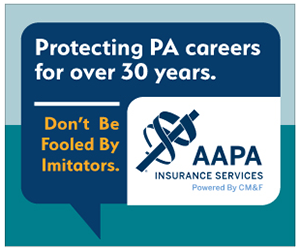
What PAs Need to Know About Malpractice Insurance
All clinically practicing PAs should carry professional liability coverage, often called malpractice insurance, during all time periods in which they practice. But the ins and outs of malpractice insurance can be confusing, so we have the official answers to nine of your most frequently asked questions.

Insider Tips on Popular PA Specialties
PAs know that career flexibility is a built-in benefit of the profession. But it can be overwhelming to think about transitioning specialties. Do you have enough experience? What’s the best way to get your foot in the door? Four experts share their insights.
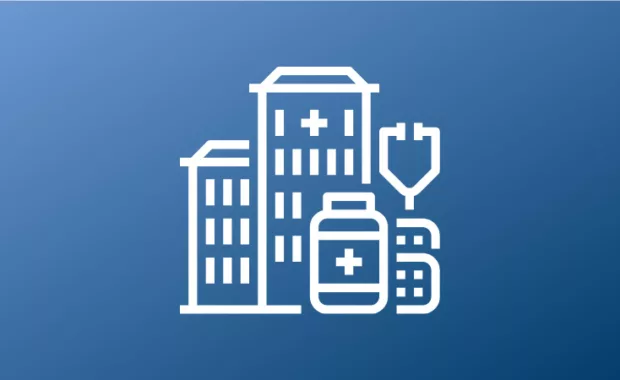
AOP Guide
Explore a new career direction or specialty with this collection of AAPA and partner resources, salary data, and CME on various practice areas, including Administration, Dermatology, Education, Emergency Medicine, Family Medicine, Hospital Medicine, Internal Medicine, Orthopaedic Surgery, Telemedicine, and Urgent Care.

PA Educator Shares the Science Behind Memory
PA school is all about memory. So what is the science behind memory, and why do some memory strategies work better than others? Kristopher Maday, MS, PA-C, DFAAPA, shares a three-tiered, information processing model to memory, and how PA students can use it to their benefit.
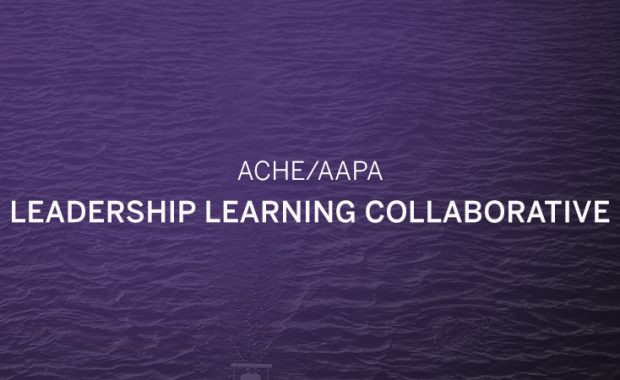
ACHE/AAPA Leadership Learning Collaborative
The online ACHE/AAPA Leadership Learning Collaborative offers 20 of the 36 credits needed to complete the prestigious FACHE credentialing.
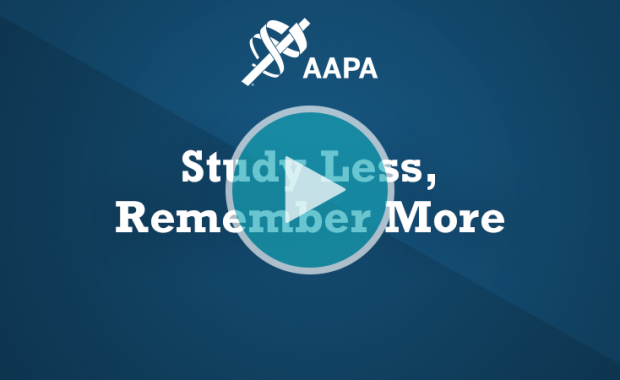
Study Less, Remember More
By focusing on the finish line from the very start, developing strong personalized study skills, and maintaining a willingness to adapt, students will learn how to feel confident on test day through both didactic and clinical years.
PA Practice Resources
It is important to understand training, competencies, and the scope of practice of PAs. Knowledge of PA practice can optimize patient care while maintaining compliance with Federal laws and regulations. It’s a ‘win’ for PAs, employers, and patients.

Rachael Jarman Shares 5 Tips for Unemployed PAs
PA Rachael Jarman acknowledges she is not the first PA to go through unemployment and offers a few tips that help her keep a stable mental state. If we take steps towards staying healthy, she says, circumstances feel less dire.

Q&A with PA Leader Clair Kuriakose
Clair Kuriakose, MBA, PA-C, is a high achiever. She sets goals for herself, achieves them, and then strategically lays out her next steps. She finished PA school, got her MBA and Lean Six Sigma certification, and now leads advanced practice providers at Stanford Health Care.
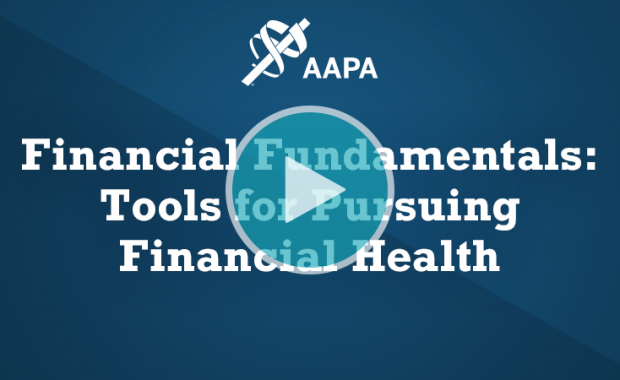
Financial Fundamentals: Tools for Pursuing Financial Health
In this one-hour webinar, learn what it takes to get into PA school and how to make yourself a more competitive applicant.
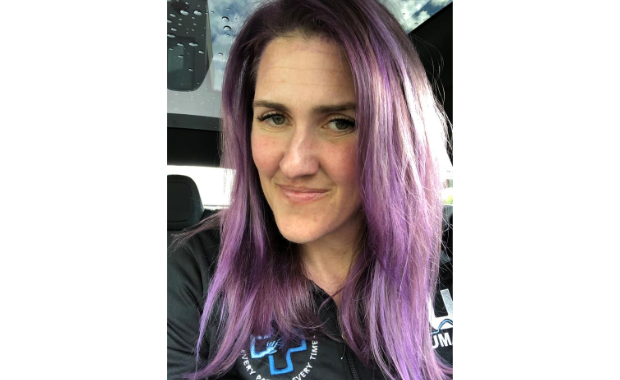
How PAs Can Provide Compassionate Care to Survivors of Interpersonal Violence
AAPA enlisted Katherine Thompson, PA-C, a practicing PA in emergency medicine and urgent care for four years, to respond to Huddle’s Ask Me on interpersonal violence (IPV) and forensic medicine. Read her advice on how healthcare providers can identify and manage IPV survivors.
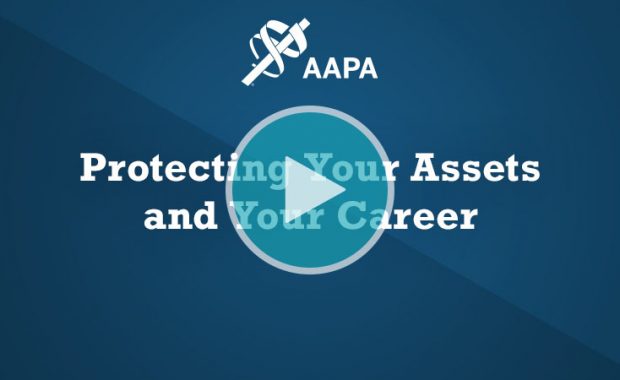
Protecting Your Assets and Your Career
Learn basic concepts of medical malpractice law, how they apply to PAs, and how you can transfer malpractice risk away from the PA’s personal assets.
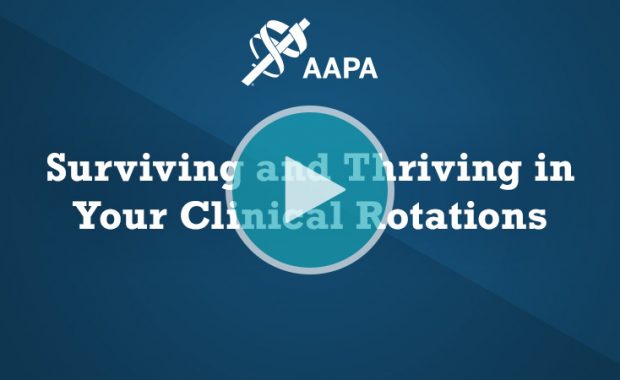
Surviving and Thriving in Your Clinical Rotations
Get an overview of helpful tips and pearls of wisdom for students entering the clinical phase of their education. Learn how to study during clinicals, how to elicit and act on feedback, and ultimately maximize the clinical experience.
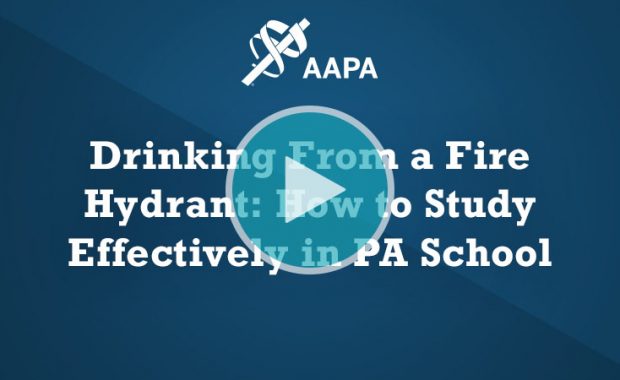
Drinking From a Fire Hydrant: How to Study Effectively in PA School
By focusing on the finish line from the very start, developing strong personalized study skills, and maintaining a willingness to adapt, students will learn how to feel confident on test day through both didactic and clinical years.

